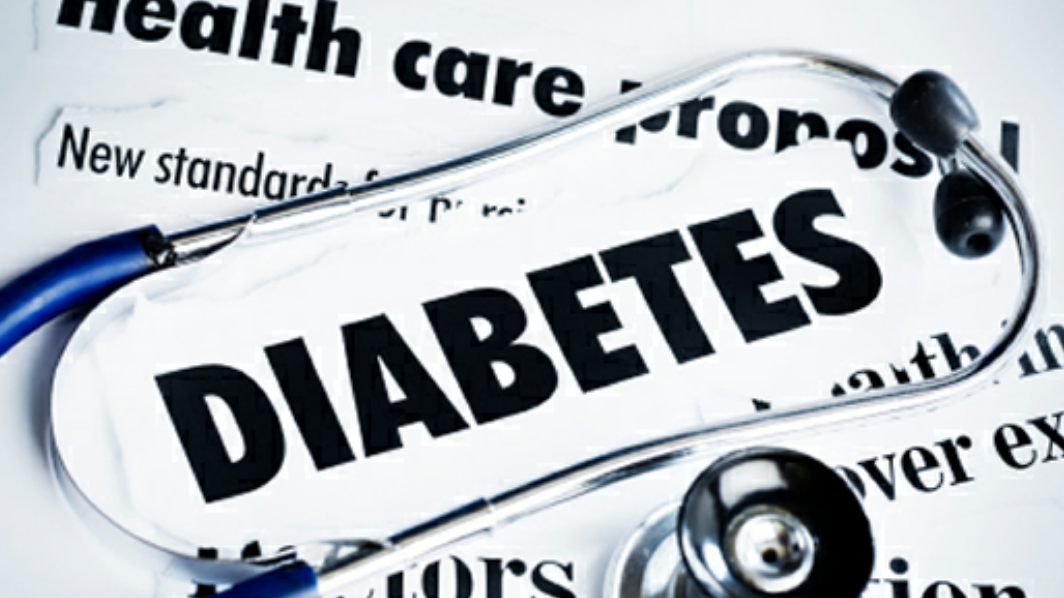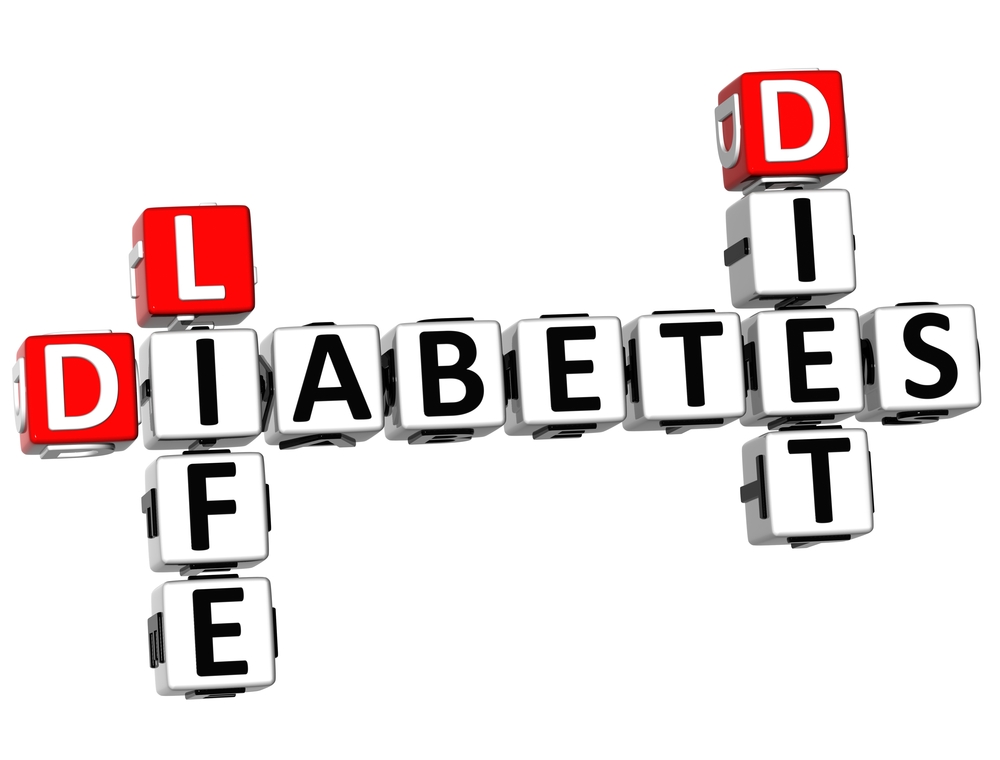We often hear people talking or discussing about major diseases such as AIDS or Cancer. But there is one more disease which has been affecting millions of people worldwide. It’s none other than diabetes. As per the report by World Health Organisation, by the year 2030 the number of people suffering from diabetes will be exactly more than double where it afflicts 382 million people worldwide. Diabetes can strike anyone, whereas it’s a lifelong disease. Today the disease has taken much more lives than AIDS and breast cancer combined-which claims the life of 1 American every 3 minutes. It has now become the leading cause of blindness, kidney failure, heart attack and stroke in many people.




